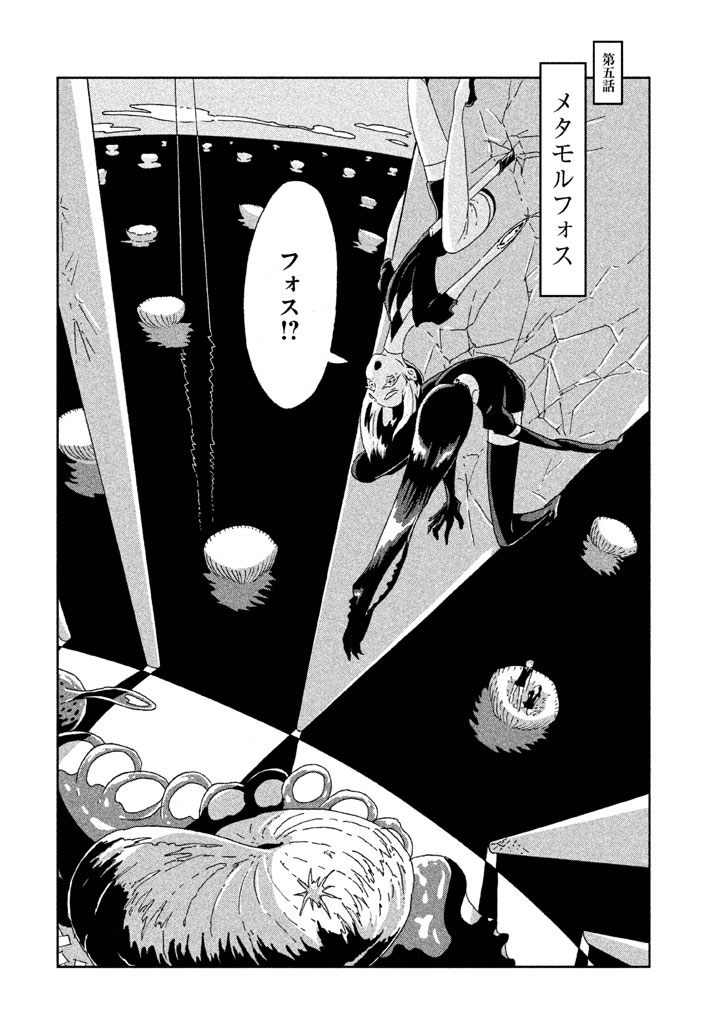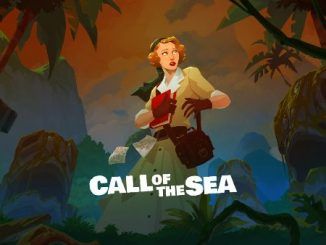


However this won't be for long, as you follow the linear path to another palm panel you will be sent back underwater. Again, Mishima presents power-the ability to dominate others-as a key heroic virtue.Swim forward, and slightly to the left interact with another palm panel to be transported back to dry land. Finally, Noboru feels that killing the kitten makes him masculine and mature. Noboru’s remark about the kitten “finding wholeness and perfection” through death resembles Ryuji’s faith that he will achieve greatness through a glorious death. This is also why Noboru thinks the kitten is even more naked than his mother and Ryuji. In contrast, he views most of the features that people conventionally associate with identity (like the way people look, talk, and think) as mere distractions from the underlying reality. This shows that he views people and animals as nothing more than biological machines, or collections of organs.
CALL OF THE SEA CHAPTER 5 SKIN
In particular, the chief presents murder as a way to understand the true nature of reality: he says that the kitten’s organs represent the truth of its being, whereas its skin is just a misleading outer shell. But the boys don’t share this belief-instead, they worship death and destruction. Of course, Mishima uses this scene to call attention to how most people’s actions and worldviews are constrained by their respect for the sanctity of life. Rather than viewing sex as a source of pleasure or glorious procreation, they view it as meaningless-probably because they value neither pleasure nor procreation.įor some readers, the chief dismembering the kitten might be even more disturbing than Noboru murdering it. Finally, the gang’s detached, scientific attitude toward sex explains how Noboru thinks of his mother when he sees her through the peephole. They would certainly believe that their ability to lie and take advantage of their families’ resources speaks to their ingeniousness, but in reality, it suggests that their youth and privilege have given them an unrealistic view of the world. First, they play the part of innocent young boys to appease the watchman, while inwardly praising themselves for “matchless inhumanity.” Second, while thinking of themselves as all-powerful and totally autonomous, they are actually dependent on their affluent families’ support to fulfill their day-to-day needs. The gang’s interactions with the warehouse watchman and packed lunches show the contradiction between their actual lives and the moral principles they claim to believe in. Mishima’s interest in a small group’s special power to control the fate of the world also reflects his commitment to Japan’s former empire, which viewed setting a new global order as its destiny. But his argument is essentially that since the boys find the world and society meaningless, they are responsible for creating meaning in it through their own actions. The chief’s talk about chaos, order, and the “permissible” sea is a confusing jumble.

Of course, this raises the question of what happens when multiple people who consider themselves destined to save the world try to do so in incompatible ways. In particular, the chief objects to Noboru’s ideas about Ryuji because he views Ryuji as a threat to the group’s special status. Thus, Noboru’s idea of heroism is almost identical to Ryuji’s idea that he’s destined for glory, and the chief’s belief in the gang’s special destiny to save the world. Of course, his aspiration to Ryuji’s heroism is really about an admiration for Ryuji’s power. Noboru’s admiration for Ryuji suggests that, despite his professed nihilism, he really does believe in something: heroism, masculinity, and glory.


 0 kommentar(er)
0 kommentar(er)
